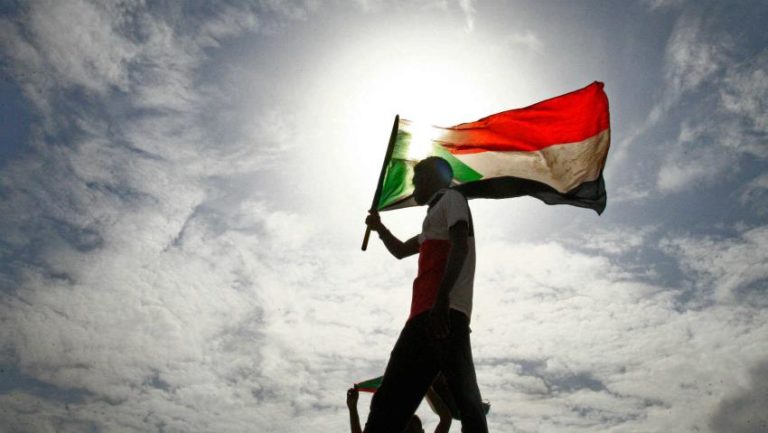

Published on 20 March 2020 in Blasphemy news
Sudan plans to scrap death penalty for apostasy
The Republic of the Sudan has announced that it will remove the death penalty for the crime of “apostasy.”
On 8 March 2020, Mohamed Hassan Arabi, a member of the Sudanese transitional government, said that his government will remove the death penalty for “apostasy” by repealing Article 126 of the Penal Code.
The Article, that reads “Whoever commits apostasy shall be asked to repent within a period decided by the court and if he insisted on his apostasy and was not a new convert he shall be punished with death,” will be replaced by an article criminalizing “takfir” – the act of accusing another individual an apostate or non-believer.
Sudan is one of twelve countries in the world punishing “apostasy” by death. The country’s criminal code is highly influenced by Sharia Laws, institutionalized by Omar al-Bashir during his almost 30-year reign. The newly appointed Minister of Justice has recently vowed to bring the penal code in line with international human rights standards.
The ruling sovereign council and the civilian government cabinet is yet to approve the bill, but if approved, the government will put an end to the violation of human rights, like the right to freedom of religion or belief and freedom of expression.
In reaction to the news, Ahmed Shaheed, the UN Special Rapporteur on Freedom of Religion or Belief, commented to Humanists International:
“I welcome steps being taken in the Republic of the Sudan to abolish the death penalty for apostasy and penalise takfirism. I call on Sudan to ensure that it fully respects the rights to freedom of religion or belief and freedom of expression.
“As I point out in my report on freedom of expression, under no circumstances could the death penalty ever be applied as a sanction against conduct whose very criminalization violates internationally protected human rights.
“The existence of anti-apostasy laws may encourage takfir by armed vigilante groups and mobs or lead to political manipulation. I also encourage steps underway in Sudan to penalise allegations of apostasy where they amount to incitement to violence and discrimination.
“Guaranteeing respect for the human right to freedom of opinion and expression within the law, far from causing societal disharmony, is essential for the enjoyment of freedom of religion or belief by all.”
In May 2017, Mohamed Salih was arrested for “apostasy” after writing to a Sudanese court that he wanted to change the religion listed on his national identification card from ‘Islam’ to ‘atheist’ or ‘non-religious.’ He was reported to be facing a death sentence. Within days, however, the case was dismissed following a psychiatric test (which his defence never asked for) which purported that Salih was not mentally competent to stand trial.
Humanists International’s Freedom of Thought Report last year ranked Sudan 9th worst country in the world in terms of respecting the right to freedom of religion or belief for the non-religious.